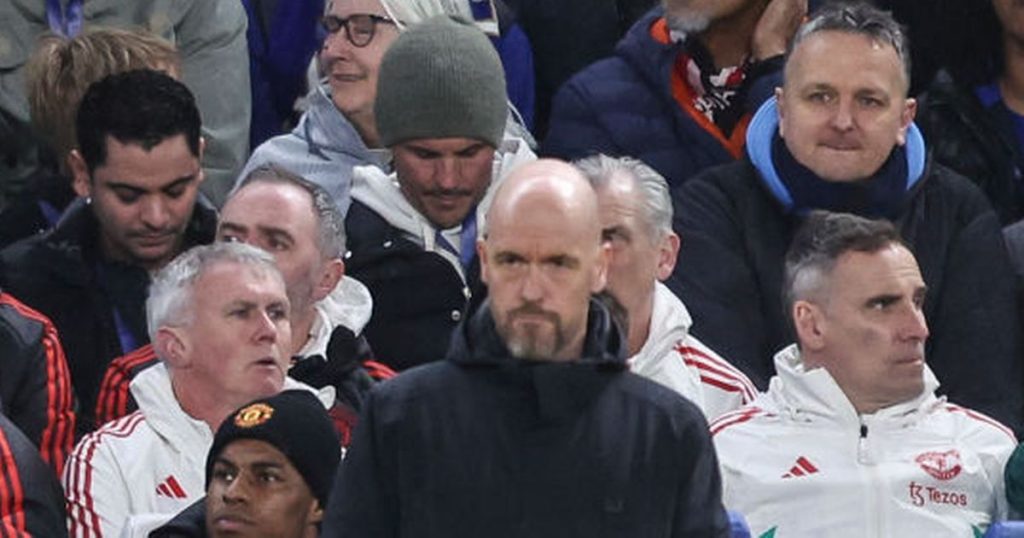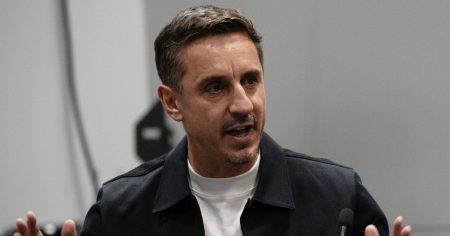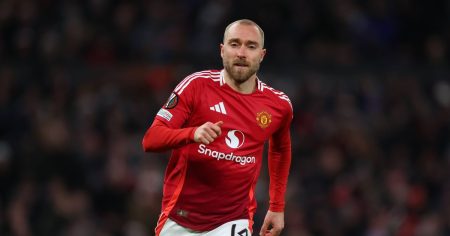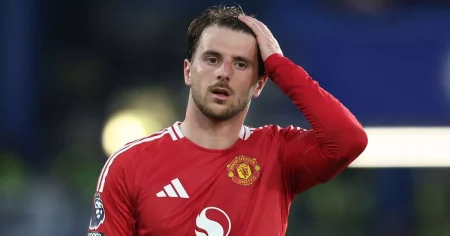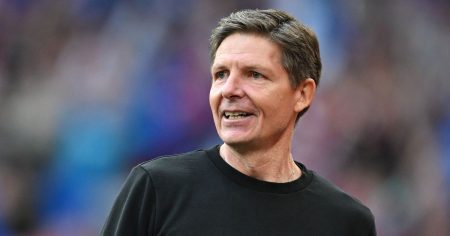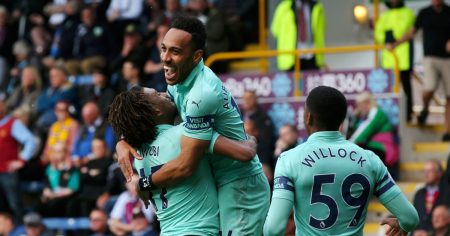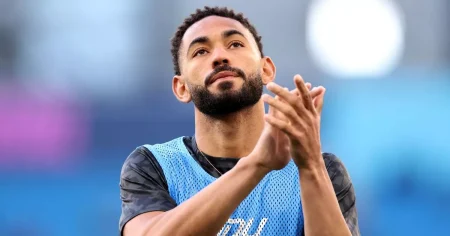Robbie Savage wrote a column discussing the possibility of Erik ten Hag being sacked after Manchester United’s painful defeat to Chelsea. Savage, who typically doesn’t advocate for managers to be fired, mentioned that the events in added time at Stamford Bridge could be ruinous for Ten Hag. He highlighted the naivety in United’s game management, ultimately putting the responsibility on the manager to dictate such aspects. The collapse from being 3-2 up to losing 4-3 was a result of poor decisions, prompting questions about Ten Hag’s future at the club.
Savage expressed his concerns with Manchester United’s approach in recent games, noting that the team was incredibly open and loose in their play. He mentioned that this wasn’t the first time they were involved in high-scoring games, indicating that although entertaining, it could reflect poorly on the manager. With statistics showing that United have faced a high number of shots on goal, Savage argued that this was unsustainable for a club aiming to return to the Champions League.
The lack of leaders on the pitch was discussed, with injuries to key players like Jonny Evans and Raphael Varane being acknowledged. However, Savage emphasized that every club has to deal with injuries and that United still possesses the attacking talent to trouble opponents. The issue lies in the lack of structure behind the attacking line, which makes Ten Hag vulnerable. The comparison between United and Chelsea, with Mauricio Pochettino lasting longer at Chelsea than Ten Hag at United, raised concerns about the Dutch manager’s future.
The column highlighted the urgency for Ten Hag to address the team’s defensive frailties and improve game management. The focus on attack at the expense of defensive solidity has left United exposed and vulnerable in key moments. Savage hinted that Ten Hag’s insistence that United deserved to win at Chelsea was a testament to a skewed perspective, as the team’s performances and results indicated otherwise. The column suggested that unless there is a significant improvement in United’s defensive structure, Ten Hag’s tenure at the club could be in jeopardy.
In closing, Savage touched on the need for United to address their defensive vulnerabilities and find the right balance between attack and defense. The recent high-scoring games and the inability to see out matches have raised doubts about Ten Hag’s ability to manage the team effectively. While the entertainment value of the games is undeniable, results are what ultimately determine a manager’s fate. The column concluded with a sense of uncertainty surrounding Ten Hag’s future at Manchester United, with questions raised about his suitability to lead the club to success.









